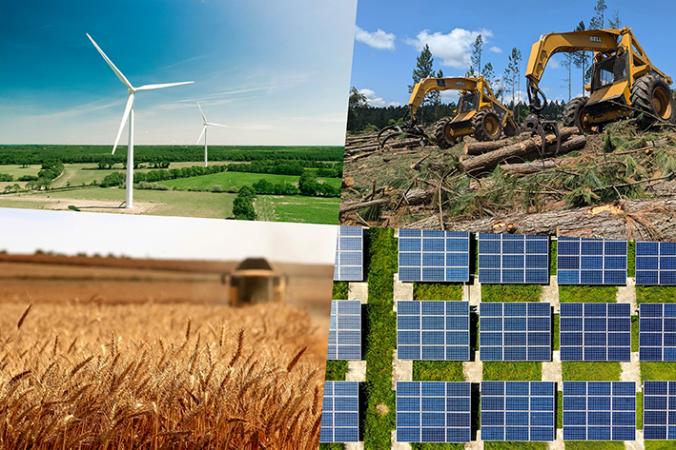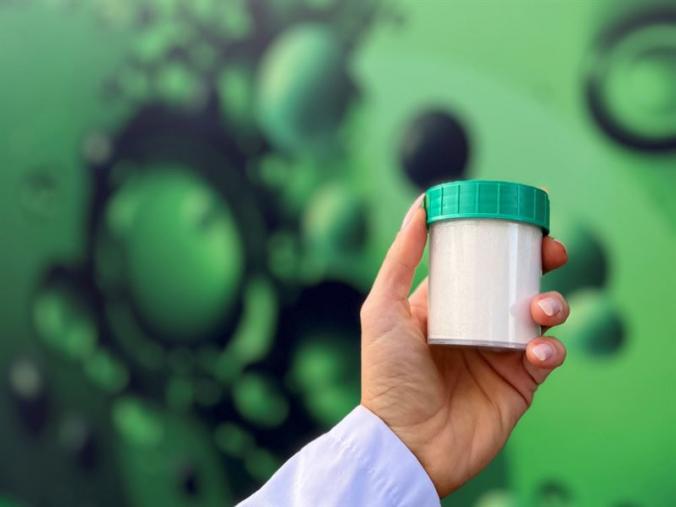Carbon dioxide-free asphalt could reduce Sweden´s emissions by one percent
Asphalt handling accounts for one percent of Sweden's carbon dioxide emissions. A new project named SMMART (Swedish Magnetite Microwave Asphalt Road Technology) will develop a microwave-based technology for heating asphalt and adding magnetite to the asphalt mix. This allows the heating process to be powered by renewable energy rather than fossil fuels.
The innovative project not only focuses on reducing emissions but also looks to drive work on health and safety issues to create a climate-smart, profitable solution in an international market. The magnetite is high-quality iron ore that comes from LKAB’s mines in Malmfälten, Sweden.
- The strength of the project is the broad approach with the entire value chain represented, from raw materials, technology, and equipment to performers and clients. The parties' unique competencies provide the opportunity to create the technology and working methods of the future. It will generate business opportunities for the partner companies, be able to reduce carbon dioxide emissions from asphalt handling and improve the working environment, says Leif Boström, Senior Vice President LKAB Special Products Division.
Initially, the project will focus on casting asphalt and pot-holes by developing recipes, technology, and equipment for field trials. In parallel with this, the project considers how technology can improve the working environment to encourage a gender-equal workforce in the asphalt industry. The findings will be published at the end of the project.
A total of SEK 20 million has been invested in this project by SMMART project partners; LKAB, Ecoloop, Combitech, Skanska, Nynas, Glasir, Contact, Luleå University of Technology, The Swedish Transport Administration (Trafikverket) and Swedish National Road and Transport Research Institute (VTI). Sweden’s innovation agency (Vinnova) has contributed 50 percent of the project value. The project's work contributes to the global goals of Agenda 2030 in areas such as Sustainable Industry, Innovations and Infrastructure, Health and Welfare and Sustainable Consumption and Production.





![EMR_AMS-Asset-Monitor-banner_300x600_MW[62]OCT EMR_AMS-Asset-Monitor-banner_300x600_MW[62]OCT](/var/ezwebin_site/storage/images/media/images/emr_ams-asset-monitor-banner_300x600_mw-62-oct/79406-1-eng-GB/EMR_AMS-Asset-Monitor-banner_300x600_MW-62-OCT.png)



